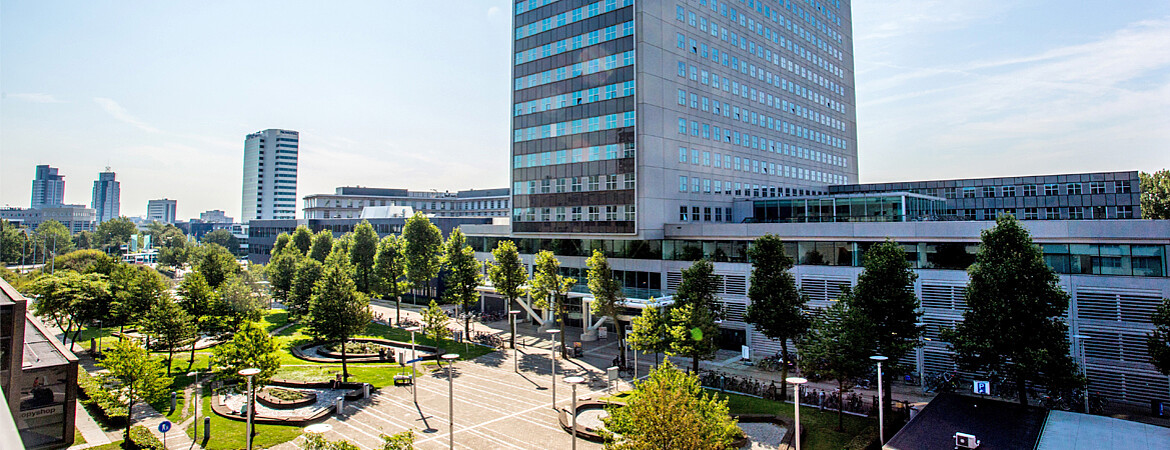L.M. (Liselotte) Dijkstra

PhD Track What´s next? Dealing with upcoming organizational reputation drivers from a complexity theory perspective
In the coming years I want to contribute to theory and practice by developing guidelines to help practitioners taking decisions affecting their organisation’s reputation. The theoretical contribution will lie in the new perspective I want to add to existing organisational reputation theories and the new propositions I propose. Does seeing upcoming trends and developments effecting the organisational reputation (also called: ‘reputational drivers’) in the light of complexity theory offer guidance in dealing with these drivers? The principles of complexity theory such as unpredictability, interconnectivity, dependency and importance of history seems to fit with characteristics of organisational reputational drivers. The first paper will develop propositions about this topic.
My first article will be theoretical, and is aimed at answering the question ‘How should large, private organisations interact with their environment in order to discover and react to upcoming reputational drivers?’. However, this also might become the overall research question. My aim is to offer a better understanding of the process of signalling, reacting, testing and reacting again to criteria used by stakeholders to judge, evaluate, the organisation. This first study concludes with propositions regarding dealing with the environment in order to handle upcoming reputational drivers.
Many studies have been conducted about reputation. But there is still fuzziness about the concept, and about related concepts. Therefore I have to present the current state of the field to build on, in order to come to a strong argument. In my opinion, the current literature does not include enough different perspectives. This is called inadequate problematizing. Therefore, I will add the complexity perspective to come to new structures of frameworks. I will use counterfactual reasoning; asking the ‘what if’ question, to come to a strong argument and theoretical contribution.
The research questions for article 2 and 3 will arise from the first study. As the first article is theoretical and will bring up new propositions to build new theory, the following studies will then test the propositions. I will test the propositions with a case study in a large, private organisation who recently reacted to a new reputational driver - customer experience - namely, KLM.
The planning is to have my first article completely finished in February 2018.
- Time frame
- 2016 -
Address
Burgemeester Oudlaan 50
3062 PA Rotterdam
Postbus 1738
3000 DR Rotterdam
Netherlands





